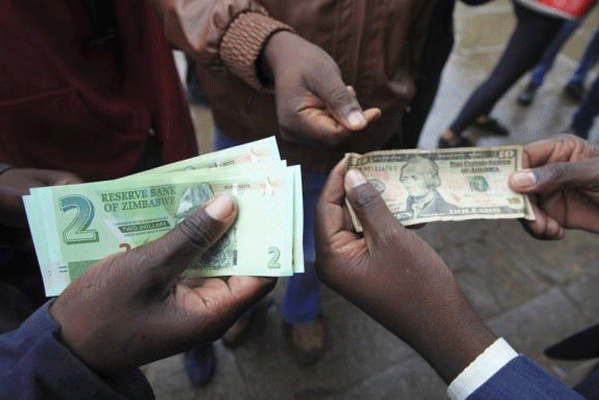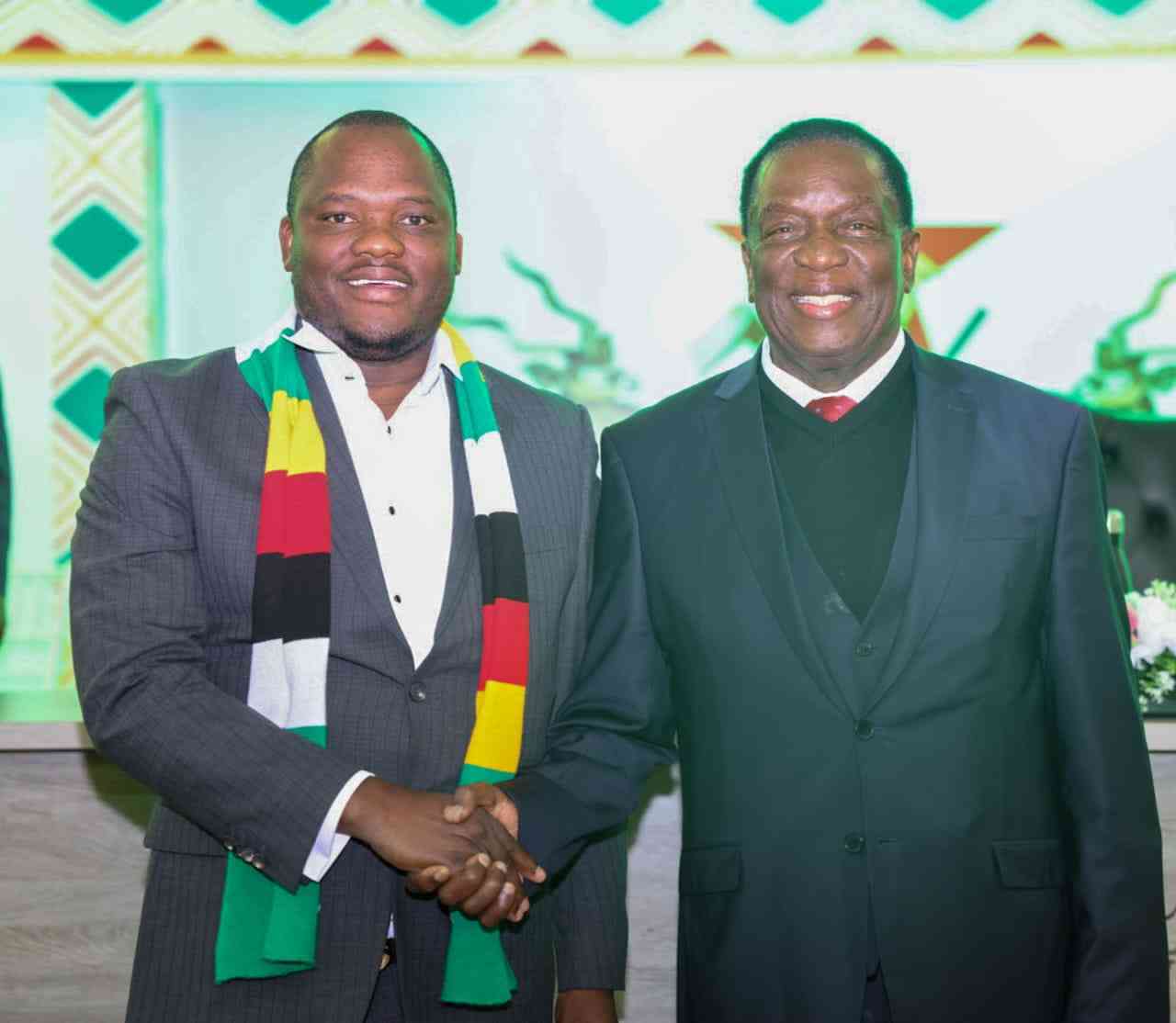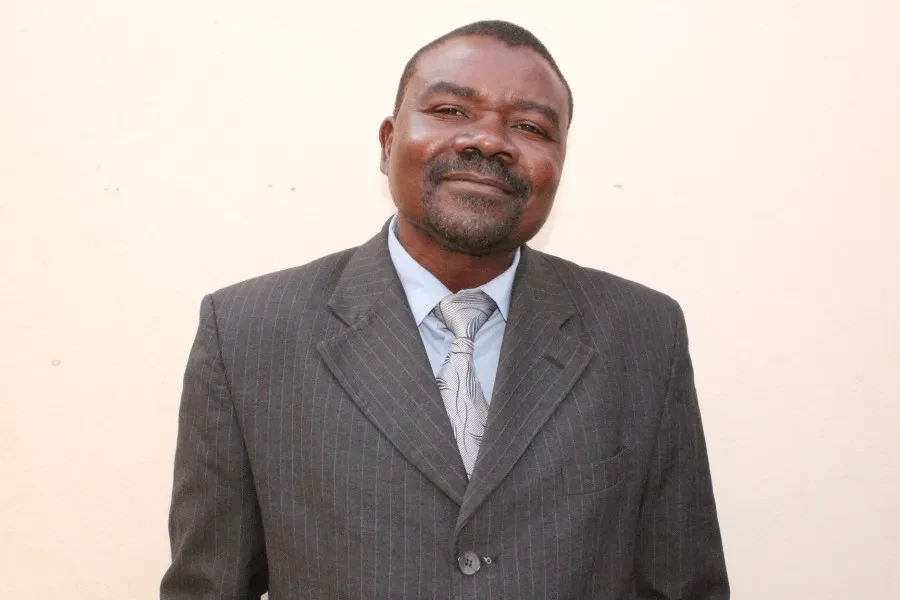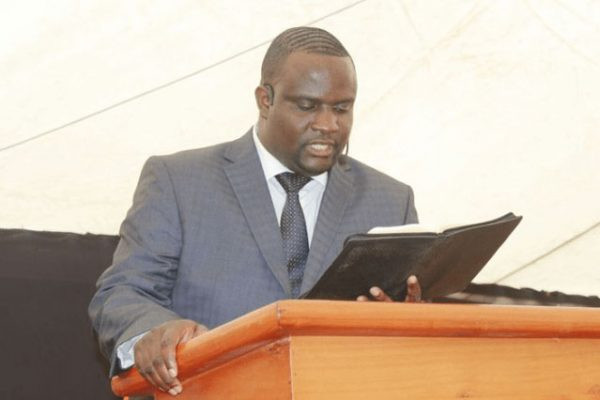
BY MTHANDAZO NYONI recently in Victoria Falls Police have challenged the Parliament of Zimbabwe to review some of the laws dealing with economic crimes, saying the current statutes were “weak” to enforce.
Speaking during the just ended Zimbabwe National Chamber of Commerce (ZNCC) 2022 annual congress held in Victoria Falls, police spokesperson Assistant Commissioner Paul Nyathi said due to “weak” laws, the police were failing to deal with illegal money changers blamed for the collapse of the local currency.
“You will find a briefcase company or a fake company, which has no CR14 form (a document that gives details of the directors and secretaries of the company) and is not registered with the Deeds Office, operating 300 accounts, taking deposits and not offering physical products or a service,” Nyathi said.
“They are trading and at one point having $1 billion in their accounts which they take from people then they take this money to the parallel market to look for the United States dollars.
“We have some of these companies.”
Nyathi said currently, there are 28 entities which are on the radar of the police and other stakeholders including the Reserve Bank of Zimbabwe and Zimbabwe Revenue Authority for operating illegally.
“They don’t pay tax, they don’t contribute anything and they are not members of the ZNCC or the Confederation of Zimbabwe Industries but they are saying they are in the Zimbabwe financial system taking money,” Nyathi said.
The police spokesperson said for them to enable policing to proceed smoothly, Parliament must constantly review some of our laws because “some of our laws make it difficult when it comes to policing, especially issues of economic crimes.”
- Chamisa under fire over US$120K donation
- Mavhunga puts DeMbare into Chibuku quarterfinals
- Pension funds bet on Cabora Bassa oilfields
- Councils defy govt fire tender directive
Keep Reading
“Some of our laws are weak because if you go to Copacabana in Harare and Egodini in Bulawayo, you will find people standing in corners with huge chunks of Zimbabwe dollars and when you arrest them, the courts they will tell you that you don’t have a tight or sustainable charge,” he said.
“The only option available for the police is to charge them for blocking pavements.
“So they get away with a fine and our fines are not being reviewed.
“Surely, in an economy like ours, how can people pay a fine of $500 or $1000?
“That’s why I want to challenge our Parliamentarians to assist in the maintenance of law and order in the country.
“Let’s have deterrent fines. Our fines are pathetic to say the least.”
The government has been cracking down on illegal foreign currency traders, issuing statutory instruments, but with little success.
For instance, in mid-September 2021, the Reserve Bank of Zimbabwe ordered banks and mobile money operators to freeze accounts of over 30 individuals it accused of facilitating illegal foreign currency trade via mobile platforms and social media.
This came one year after the government banned mobile-money services, accusing the dominant Econet of running a Ponzi scheme.
Officials at the central bank alleged that Ecocash platform, which boasts of 11 million users, contributed to the country’s spiralling inflation by facilitating illegal foreign-currency dealings.
The government later allowed-mobile money users to continue using the Ecocash services, but only if they abided by the weekly and monthly transaction limits imposed on them.
Nevertheless, mobile-money agents remain banned.
Nyathi said the people who are behind illegal money changing business in Zimbabwe were highly-connected.
“Some of these so-called moneychangers don’t stay in the streets,” he said.
“The people on the streets are just runners and when we arrest these runners, they don’t tell you anything.
“They will rather die or go to jail,” he said.
“As police, we have it and we know that some of these so-called big deals in terms of foreign currency dealing are done in offices, houses and cars.
“When we say people should come forward and report, they don’t want to.
“They only come to report after losing money. I am telling the truth, this is the challenge which we have with the police.
“That’s why we want business, Parliamentarians to come on board and support us.”
Nyathi said Zimbabweans were keeping large sums of greenbacks at their homes, money that can be used to retool some of the industries.
“There is money in Zimbabwe. How can you have a company keeping US$300 000 in office?
“A company keeping US$400 000 cash in the storeroom?
“These guys have never worked before, they acquire houses, they buy cars and they acquire properties,” he said.
“The industry is talking about retooling and a sustainable economy.
“How can we sustain the economy when we have huge chunks of money sitting in a storeroom?”










